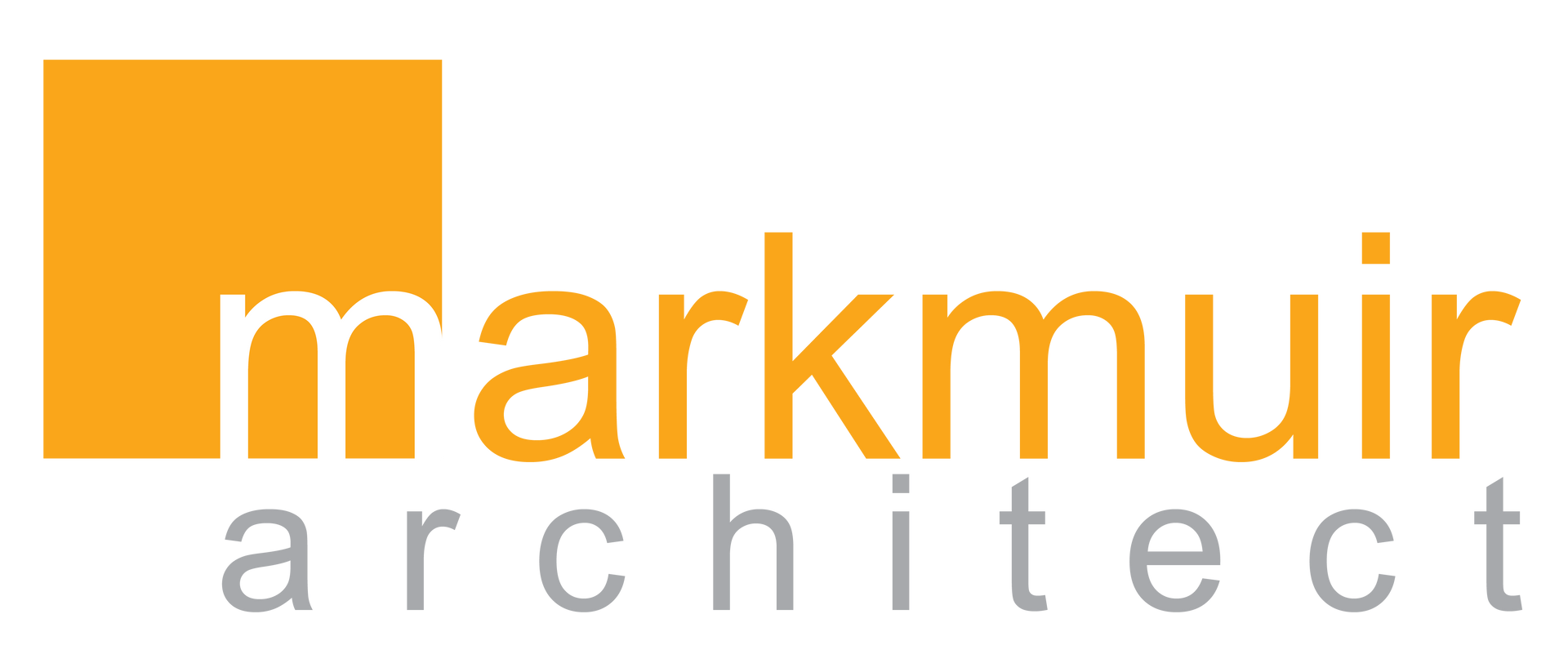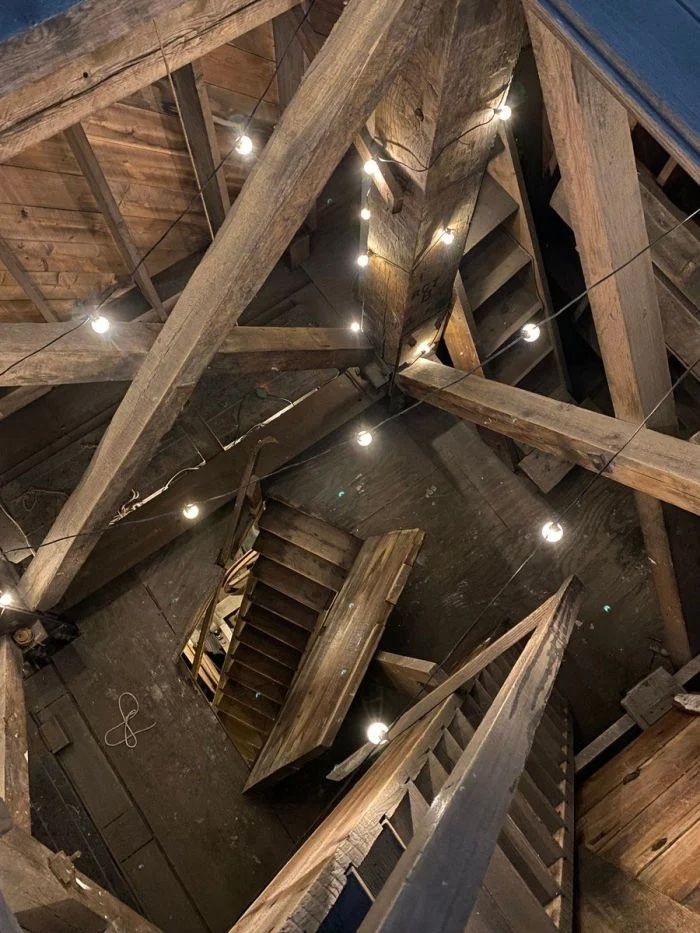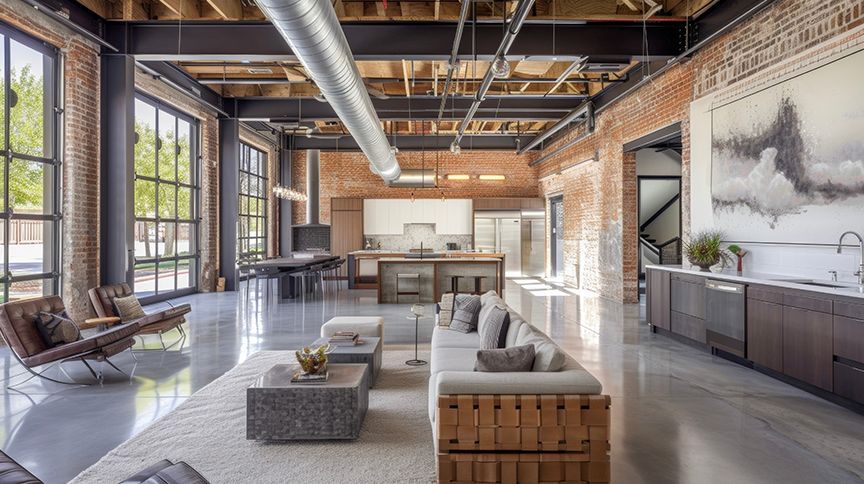Movers and Shakers: Do House Extensions Increase Council tax?
Rethinking Home - Movers and Shakers: Do House Extensions Increase Council tax?
As property owners, we're constantly seeking ways to enhance our living spaces and increase the value of our properties. However, when considering house extensions, one concern that often arises is the potential impact on council tax.
House extensions have the potential to increase the value of our properties, thereby influencing the calculation of council tax. In many cases, the additional space and improvements brought about by extensions can lead to a higher property valuation, resulting in an increase in council tax liability.
For example, if you add an extension that significantly increases the size or value of your property, it's likely that your property will be reassessed for council tax purposes. This reassessment may result in a higher council tax band or an increase in the rateable value of your property, leading to higher council tax payments.
However, it's important to note that not all house extensions will automatically lead to an increase in council tax. Minor improvements or extensions that do not significantly alter the value or size of the property may have minimal impact on council tax liability.
Additionally, certain types of extensions, such as those carried out under permitted development rights, may be exempt from council tax reassessment. For example, small rear extensions or loft conversions that meet specific criteria may not trigger a reassessment of council tax.
Ultimately, the impact of a house extension on council tax will depend on various factors, including the size, value, and nature of the extension, as well as local council tax regulations. It's advisable to consult with your local council or a tax advisor to understand the potential implications of your proposed extension on council tax.
Have you been harbouring an inkling in the back of your mind to build that much needed improvement but still have reservations? Well just book a complimentary discovery call and chat your ideas through with Mark.... https://bit.ly/Complimentary20Chat










